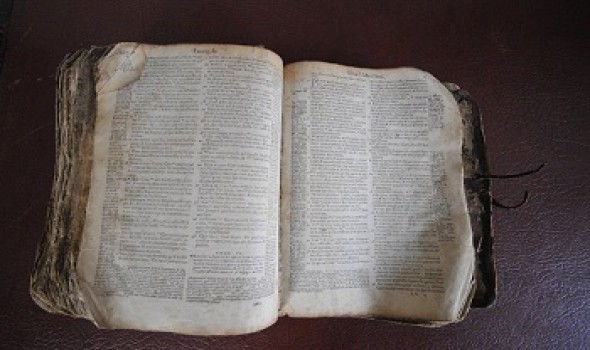New Huguenot Heritage Centre
New Huguenot Heritage Centre

New Huguenot Heritage Centre will tell the story of French Protestant immigration The first national Huguenot Heritage Centre, which opens next Summer, will bring the little known but fascinating, and hugely important, story of French Protestant immigration and integration to a wide audience. Indeed the Huguenots flight from France to England brought the word ‘refugee’ into the English language. The French Hospital, founded in 1718 as a charity offering sanctuary to poor Huguenots, has received a confirmed grant of £1.2 million from the Heritage Lottery Fund (HLF) for the development of the first national Huguenot Heritage Centre (HHC), in Rochester. The HHC will tell the story of the flight of Huguenots to Britain; it will explain their key contributions to the formation of modern Britain; and explore contemporary issues that resonate with the Huguenot experience. The HHC will open in summer 2015 above the Visitor Information Centre on Rochester’s High Street. Through its displays and activities, the Huguenot Heritage Centre will bring to life the Huguenot story; a story of persecution, of flight from their homeland, and of settlement and integration in England. Visitors will learn of the skills that the Huguenots brought with them to England; and be able to understand the impact of those skills on the development of modern Britain. They will also be able to explore their own historical Huguenot links. The contemporary resonance of the Huguenots’ story will be illustrated by examples of recent refugees’ experiences in various areas of the display. The project will celebrate the Huguenot heritage through an exciting schools programme and bespoke community projects. These programmes will explore the rich culture and legacy of the Huguenots by teaching Huguenots crafts, including silk weaving and silver smithing, by exploring the reasons that Huguenots fled France, and also by exploring the issues faced by immigrants today. The Huguenot Heritage Centre is the first museum in Britain dedicated to the history of the Huguenots, a group of some 250,000 French Protestants who fled from religious persecution in France, over a period of 200 years, but most significantly at the end of the 17th century. Between 60,000 to 80,000 Huguenots settled in England, largely in the southeast: in Kent (Canterbury, Greenwich, Rye, Sandwich), the west (Bristol, Southampton and Plymouth), East Anglia (Ipswich and Norwich) and, predominantly, London (the City, Soho, Spitalfields, Wandsworth, Westminster). This represents the biggest proportionate influx of immigrants in England’s history. There were approximately 580,000 people living in London in 1700; the 40,000 Huguenots living there, represented approximately 7% of the population of the Capital. The inspiration for the Huguenot Heritage Centre came from the Directors of the French Hospital. The charity owns a highly regarded collection of paintings, prints, drawings, furniture, silverware, clocks, books, archival records, and other items illustrating the material culture of the Huguenots which will be used to help to tell the Huguenot story. Find out more at, www.frenchhospital.org.uk/huguenot-heritage-centre Photo: A bible in French, printed in Geneva, c1588-90. The title page has been removed, so that the identity of the printer could remain secret. According to family tradition, during the search of the home, this bible was concealed by being baked in a loaf of bread.


